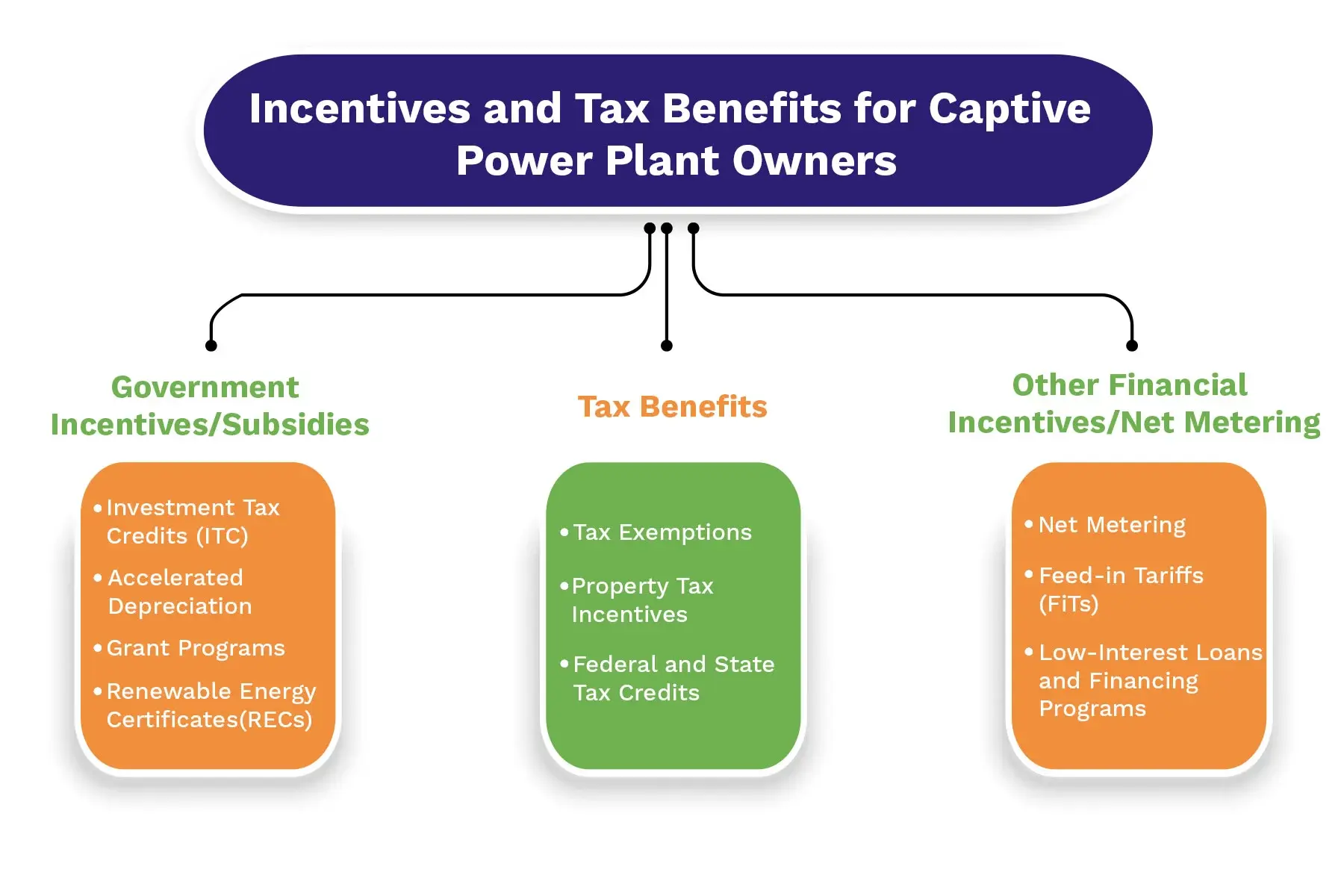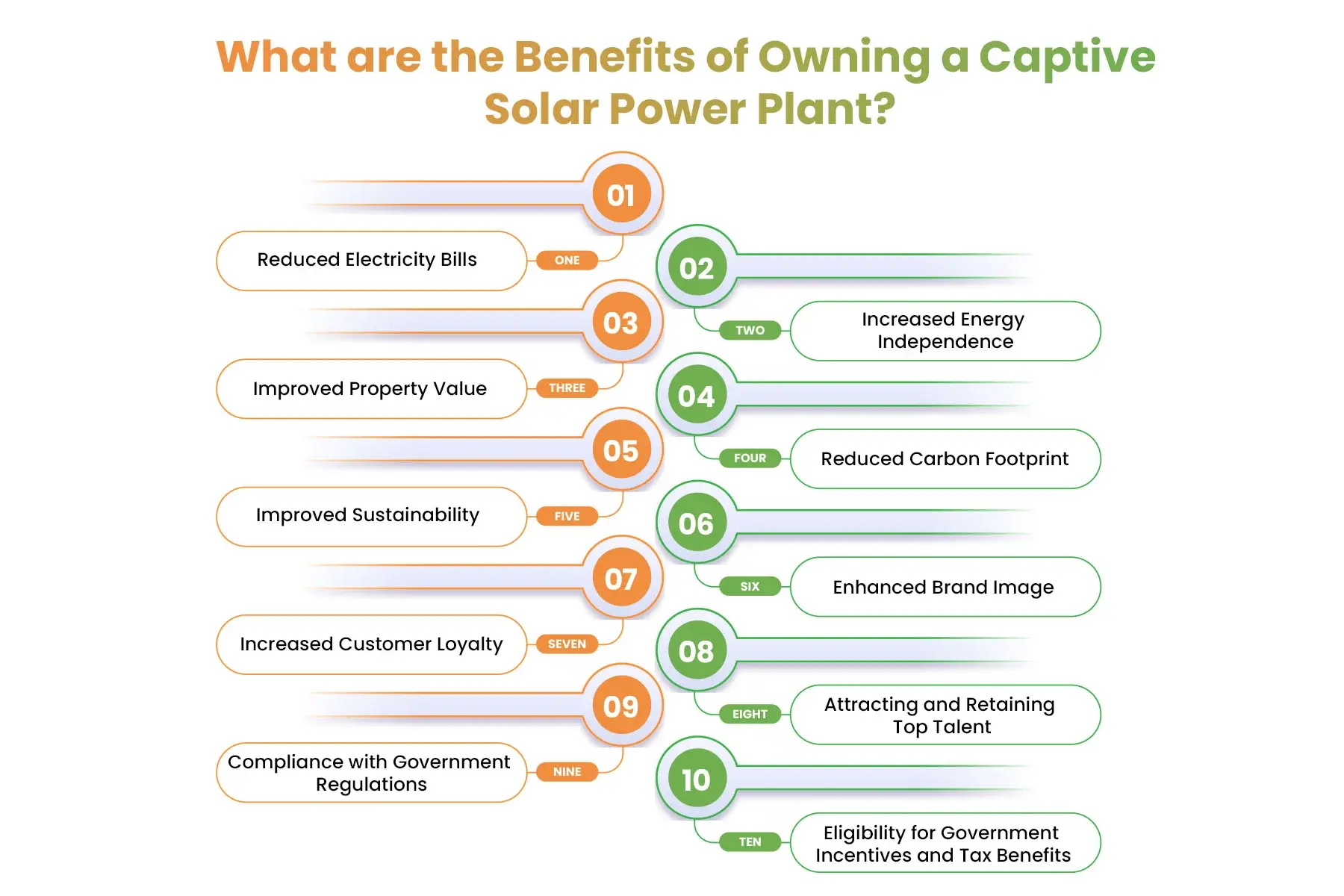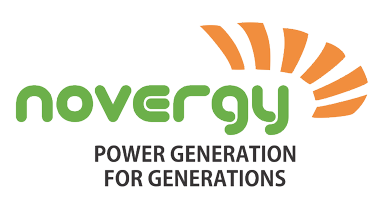In recent years, the energy landscape has undergone a transformative shift towards sustainability, with a growing emphasis on renewable sources. Among these, solar power has emerged as a frontrunner, and within the realm of solar energy, captive solar power plants have gained significant traction.
What exactly is a captive solar power plant?
A captive solar power plant is a facility dedicated to generating electricity for a specific user or entity, often a business or an industrial unit. Unlike grid-connected solar systems, captive solar power plants operate independently, offering a localized and reliable source of clean energy.
Why are captive solar power plants experiencing a surge in popularity?
Businesses today are increasingly recognizing the dual benefits of environmental stewardship and cost savings that come with harnessing solar power. The predictability and sustainability of solar energy, coupled with advancements in technology, make captive solar power plants an attractive proposition for enterprises seeking to reduce their carbon footprint while simultaneously securing a stable and cost-effective energy source.
In this blog, we will provide you with information about various incentives and tax benefits that make investing in captive solar power plants a strategic and financially sound decision. The mechanisms in place to support and encourage the adoption of renewable energy solutions ultimately empower businesses to make informed decisions about integrating captive solar power into their operations.
Incentives and Tax Benefits for Captive Power Plant Owners

Government Incentives/Subsidies:
- Investment Tax Credits (ITC): Governments often provide ITCs to businesses investing in renewable energy, including captive solar power plants. These credits can significantly offset the initial capital investment, making solar projects more financially attractive.
- Accelerated Depreciation: Some countries allow accelerated depreciation on solar assets, enabling businesses to recover their investment more quickly through tax deductions over a shorter period.
- Grant Programs: Certain regions offer grant programs that provide direct financial support to businesses for the installation and operation of solar power plants. These grants can be instrumental in reducing the overall cost of the project.
- Renewable Energy Certificates (RECs): Governments may introduce REC programs, allowing solar power plant owners to earn certificates for the clean energy they produce. These certificates can be traded or sold, providing an additional source of revenue.
Tax Benefits:
- Tax Exemptions: Some jurisdictions provide tax exemptions for income generated from renewable energy sources. This can lead to substantial long-term savings for captive solar power plant owners.
- Property Tax Incentives: In certain regions, property tax incentives are offered to businesses with solar installations. This can reduce the overall operational costs associated with maintaining a solar power plant.
- Federal and State Tax Credits: Besides ITCs, there may be additional federal and state-level tax credits specifically designed to encourage solar investment. These credits can be utilized to offset income tax liabilities.
Other Financial Incentives/Net Metering:
- Net Metering: Net metering allows solar power plant owners to sell excess electricity back to the grid, receiving credits or compensation for the surplus energy generated. This not only promotes sustainability but also provides a financial incentive.
- Feed-in Tariffs (FiTs): Some regions implement FiTs, ensuring that solar power producers receive a guaranteed price for the electricity they generate. This stable income stream enhances the financial viability of captive solar power plants.
- Low-Interest Loans and Financing Programs: Governments and financial institutions may offer low-interest loans or favorable financing programs to support the development of solar projects, easing the financial burden on businesses.
What are the Benefits of Owning a Captive Solar Power Plant?

- Reduced Electricity Bills: Implementing captive solar power plants allows businesses to generate their electricity, leading to significant reductions in traditional utility bills. This translates to long-term cost savings, positively impacting the company’s bottom line.
- Increased Energy Independence: By harnessing the power of the sun, businesses can decrease their reliance on external energy sources, contributing to greater energy independence. This not only insulates companies from fluctuating energy prices but also enhances their overall operational resilience.
- Improved Property Value: Installing solar power infrastructure on business premises can enhance property values. Solar-equipped properties are increasingly attractive in the real estate market as prospective buyers and tenants recognize the long-term financial and environmental benefits.
- Reduced Carbon Footprint: Captive solar power plants enable businesses to significantly reduce their carbon footprint by relying on a clean and renewable energy source. This commitment to environmental responsibility is crucial for meeting sustainability goals and addressing climate change concerns.
- Improved Sustainability: Adopting solar power aligns businesses with sustainable practices, demonstrating a commitment to environmentally friendly operations. This not only meets the expectations of environmentally conscious consumers but also positions the company as a responsible corporate citizen.
- Enhanced Brand Image: Embracing solar power contributes to a positive brand image, showcasing a company’s dedication to green initiatives. This resonates well with environmentally conscious consumers and can enhance brand loyalty, trust, and positive public perception.
- Increased Customer Loyalty: Consumers are increasingly choosing businesses that demonstrate a commitment to sustainability. Utilizing captive solar power can strengthen customer loyalty as environmentally aware consumers are more likely to support companies that share their values.
- Attracting and Retaining Top Talent: Employee preferences are shifting towards environmentally responsible workplaces. Offering a sustainable and eco-friendly working environment powered by solar energy can attract and retain top talent who prioritize working for socially responsible and forward-thinking companies.
- Compliance with Government Regulations: Many governments are implementing regulations to promote renewable energy adoption and reduce carbon emissions. Utilizing captive solar power helps businesses stay compliant with these regulations, avoiding penalties and positioning themselves as responsible corporate citizens.
- Eligibility for Government Incentives and Tax Benefits: Governments often provide incentives, subsidies, and tax benefits to businesses adopting renewable energy solutions. Investing in captive solar power not only aligns with sustainable practices but also makes businesses eligible for various financial incentives, further improving the return on investment.
How to Choose a Solar Power Installer?
- Checking the Installer’s Credentials:
One of the first steps in selecting a solar power installer is to verify their credentials. This involves checking if the installer is licensed, insured, and certified. Look for certifications from reputable organizations, such as the North American Board of Certified Energy Practitioners (NABCEP). A licensed and certified installer demonstrates a commitment to industry standards and best practices, ensuring a reliable and professional service.
- Getting Multiple Quotes:
Obtaining multiple quotes from different installers is essential to make an informed decision. This allows you to compare pricing, equipment quality, and installation services. Be sure to ask each installer for a detailed breakdown of costs, including equipment, labor, and any additional fees. While cost is an important factor, it should not be the sole determining factor. Consider the overall value and reputation of the installer.
- Reading Reviews from Other Customers:
Customer reviews provide valuable insights into the installer’s performance and customer satisfaction. Search for reviews on independent review sites, social media, and the installer’s website. Pay attention to both positive and negative reviews to get a balanced perspective. If possible, reach out to friends or neighbors who have installed solar panels and ask for recommendations based on their experiences. A reputable installer will have a track record of satisfied customers.
- Assessing Experience and Track Record:
An installer with years of experience is likely to have encountered various installation scenarios and challenges, making them better equipped to handle unique situations. Research the installer’s track record and inquire about their experience with similar projects. A seasoned installer is more likely to provide a reliable and efficient installation, ensuring the longevity and performance of your solar power system.
- Warranty and Maintenance Services:
Check the warranties offered by the installer for both equipment and workmanship. A reputable installer will provide comprehensive warranties that cover the solar panels, inverters, and other components. Additionally, inquire about maintenance services and whether the installer offers ongoing support for the system. A reliable warranty and maintenance package contribute to the long-term success and reliability of your solar power investment.
- Local Knowledge and Regulations:
Solar power regulations and incentives vary by location. A knowledgeable installer should be familiar with local regulations, permitting processes, and available incentives. Choosing a local installer can also benefit you in terms of quicker response times and a better understanding of regional conditions that may affect your solar installation.
Parting Thoughts
Navigating the landscape of incentives and tax benefits for captive solar power plant owners is a strategic endeavor that holds significant promise for both economic and environmental sustainability. This comprehensive guide has delved into the various facets of this dynamic field, shedding light on the numerous advantages that await those who embark on the journey towards solar energy adoption.
From federal tax credits to state-level incentives, the financial landscape is ripe with opportunities for savvy investors and business owners. The potential for substantial returns on investment, coupled with the undeniable environmental benefits, underscores the compelling case for embracing solar energy.
Moreover, the regulatory framework and policy landscape are evolving to further support and encourage the growth of solar energy initiatives. As governments worldwide commit to reducing carbon footprints and promoting renewable energy sources, the time is ripe for stakeholders to leverage the available incentives.
Captive solar power plants not only contribute to energy independence but also align with corporate social responsibility goals, enhancing a company’s reputation and stakeholder relationships. As technology advances and economies of scale come into play, the cost-effectiveness of solar power generation continues to improve, bolstering the business case for investment.
Buy Novergy solar panels and be hassle-free for life. With over 16 years of experience, Novergy has successfully solarized industries and corporations, making them a trusted provider of comprehensive services and information about the incentives and tax benefits for captive solar power plant owners.

